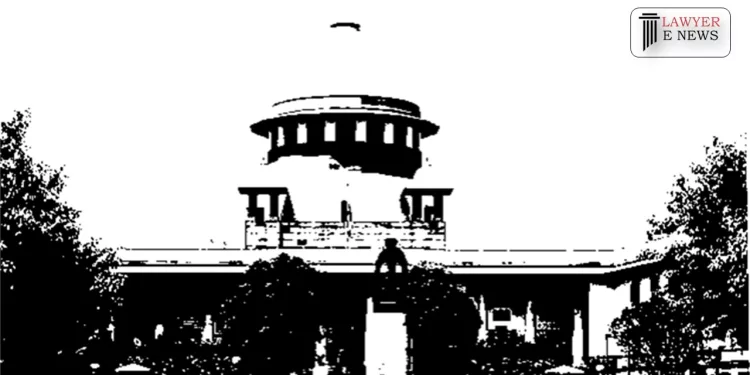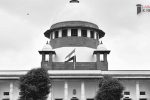Supreme Court Permits Secondary Evidence for Unstamped Documents Pre-Dating Stamp Duty Amendments

In a landmark ruling, the Supreme Court of India has set a significant precedent concerning the admissibility of unstamped documents in legal proceedings. The Court, in the case of Vijay vs. Union of India & Ors. (Civil Appeal No. 4910 of 2023), has permitted the use of secondary evidence for an agreement to sell dated February 4, 1988, which was not subject to stamp duty at the time of its execution.
The bench, comprising Justices Abhay S. Oka and Sanjay Karol, concluded that the bar of admissibility under Section 35 of the Indian Stamp Act 1899 does not extend to documents not required to be stamped at the time of their execution. The judgment, delivered by Justice Sanjay Karol, emphasized, “If the documents sought to be admitted are not chargeable with duty, Section 35 has no application.”
The ruling arose from a dispute where the plaintiff sought to present a copy of the agreement to sell as secondary evidence, asserting the original was not in their possession. The defendant contested this, leading to a legal challenge on the admissibility of such evidence under the Stamp Act and the Evidence Act.
Addressing the legal intricacies, the Court observed that “A document not duly stamped cannot be admitted for any purposes.” However, it clarified the crucial point that the document in question, dating back to 1988, was not chargeable with stamp duty at the time of its execution, rendering the section inapplicable in this instance.
Further, the Court discussed the principles of secondary evidence under the Evidence Act. It underscored that when the original document is unavailable, and its non-availability is sufficiently explained, secondary evidence can be allowed. This decision marks a crucial development in the interpretation of the Stamp Act and the Evidence Act, particularly concerning the retrospective application of stamp duty amendments.
The apex court set aside the orders of the lower courts, which had previously denied the admissibility of the secondary evidence, and restored the order permitting it. This judgment is anticipated to have far-reaching implications, especially in cases involving older documents where the original is no longer accessible.
Legal experts view this decision as a balance between the stringent requirements of the Stamp Act and the practical realities of document preservation and accessibility in legal disputes. The Supreme Court’s stance reinforces the principle of justice and fair play in the judicial process, providing a path forward in cases where primary evidence is not readily available.
Date of Decision: 29th November 2023
VIJAY VS UNION OF INDIA & ORS.






